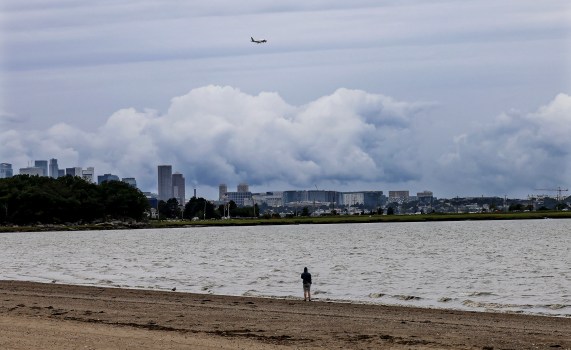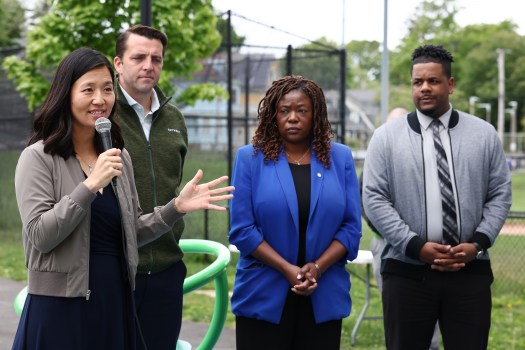As the first hurricane of the season sweeps across the United States, Massachusetts Governor Maura Healey announced that the state would observe Hurricane Preparedness Week in the days ahead.
“I encourage everyone who lives in or is visiting Massachusetts to use Hurricane Preparedness Week to make the necessary preparations to stay safe, as tropical storms are becoming more frequent and intense,” Healey said. Hurricane Helene showed how hurricanes may have catastrophic effects far from coastal areas, and last year’s hurricane season devastated parts of the southeast.
According to the state, the initiative week, which will run from July 6 to July 12, will highlight how crucial it is to plan ahead and get ready for hurricanes and tropical systems. The New England region is typically affected by hurricane season from August to September.
According to experts, NOAA forecasts anticipate an above-normal range of 13–19 named storms during the Atlantic Hurricane Season, which runs from June 1 to November 30 every year. 18 in the previous season.
The statement was made a few days after Tropical Storm Chantal, the season’s first system, hit South Carolina.
According to the state, the Massachusetts Emergency Management Agency will use the week to raise awareness about doable actions and educational materials that can be used by individuals, families, businesses, and governments to safeguard people and property from the threat of storms.
From Provincetown to Pittsfield, tropical storms can bring severe winds and flooding, Lt. Gov. Kim Driscoll warned.
According to state officials, MEMA has partnered to broadcast preparedness messaging on digital billboards and buses, distributed multilingual hurricane readiness toolkits, and published online hurricane safety advice and tools as part of the campaign.
According to MEMA, they are also getting ready and training for the season, including using the Hurrevac web tool to plan evacuations locally.
Now is the moment to implement easy, low-cost safety measures, according to MEMA Director Dawn Brantley.
Begin with what you already have. According to Brantley, make a simple disaster plan that takes into account everyone’s needs and assemble an emergency kit out of inexpensive supplies you may accumulate over time. Although it doesn’t have to cost much, being ready might make all the difference.
According to state officials, residents should get ready by understanding their evacuation zone, creating an emergency plan that outlines how to leave, communicate, and take cover, assembling a kit for three to five days without electricity, and keeping up with various ways to get emergency notifications.
Local notification systems, the state’s 211 helpline, the disaster Alert System, NOAA Weather Radio, and more resources mentioned on mass.gov’s disaster alert website are all ways to get information.
MEMA’s Hurricane Season Preparedness page has further information about hurricane preparedness.












